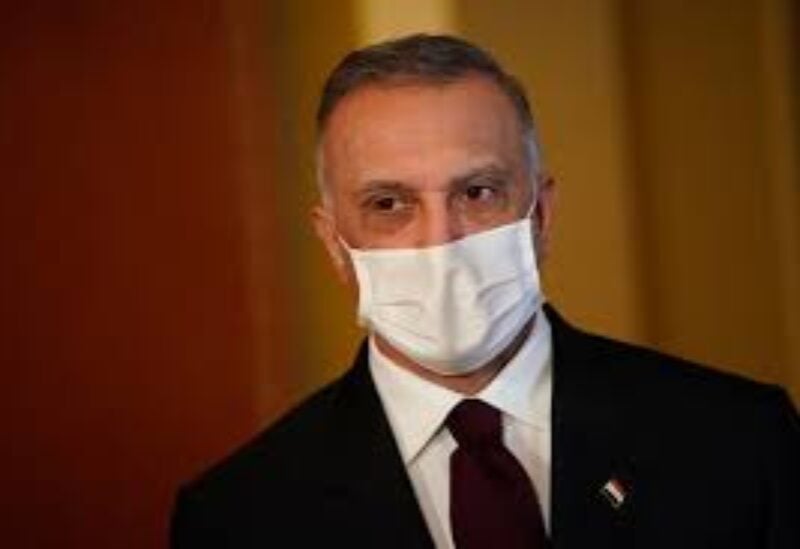
Iraq has invited Iran and its Gulf Arab adversaries to a summit in Baghdad in the hopes of defusing tensions that have pushed them dangerously near to war in recent years.
Officials claim the conference, which will also include the war in Yemen, Lebanon’s collapse, and a regional water issue, could be a step toward Saudi-Iranian reconciliation, though they haven’t said who will attend.
Long-standing tensions between Saudi Arabia and Iran intensified after a 2019 attack on Saudi oil plants that temporarily shut down half of the country’s oil production. Riyadh blamed Iran for the strike, which Tehran denies.
The two countries are affiliated with opposing factions fighting in Yemen, and their connections were broken in 2016, however they restarted direct discussions in Iraq in April of this year.
Saudi Arabia sees engagement as a way to reduce tensions without abandoning its security worries about attacks it blames on Iran and its supporters, as the Biden administration has reopened nuclear talks that could lead to a lifting of sanctions on Tehran.
Iraqi officials expect Ebrahim Raisi, Iran’s new hardline president, to attend the summit on Saturday, as well as ministers from Gulf countries such as Saudi Arabia and the United Arab Emirates.
“Even if we bring the foreign ministers together at one table this could be considered a breakthrough to end the tensions between Iranians and the Gulf Arabs,” an official close to Iraqi Prime Minister Mustafa al-Kadhimi said.
A politician close to the premier said Iraq, which hosted the private meetings earlier this year between Saudi and Iranian officials, had received “positive signals” from Tehran and Gulf Arab countries that they were ready for more direct talks.
So far Kuwait has been the only Gulf state to confirm its participation, sending its prime minister.
Egypt and Jordan, both allies of the Gulf Arab monarchies, have been invited to the Baghdad meeting along with Turkey and French President Emmanuel Macron.
DIRECT TALKS
Riyadh and Tehran began direct talks in April to contain tensions while global powers held negotiations on reviving a 2015 nuclear pact with Iran, which Saudi Arabia and its allies opposed for not addressing Tehran’s ballistic missile programme and regional proxies.
Saudi Arabia has said it wants to see “verifiable deeds” from Iran. Earlier this month, Saudi Foreign Minister Prince Faisal bin Farhan Al Saud said an “emboldened” Iran was acting in a negative manner around the Middle East, including in Yemen and Lebanon and in regional waters.
The UAE, an ally of Riyadh, has been in regular contact with Iran trying to de-escalate tensions since 2019 following tanker attacks in Gulf waters.
Those efforts could be stepped up as Gulf Arab states, which have long leaned on Washington to guarantee their security, view with concern its renewed nuclear talks with Tehran and the chaotic end to its two-decade war in Afghanistan.
“The prospect of regional conflict, coupled with their perception of Washington as unreliable, have … prompted the Saudis and Emiratis to pursue a limited, tactical, bilateral de-escalation with Tehran,” the International Crisis Group said in a report published on Tuesday.